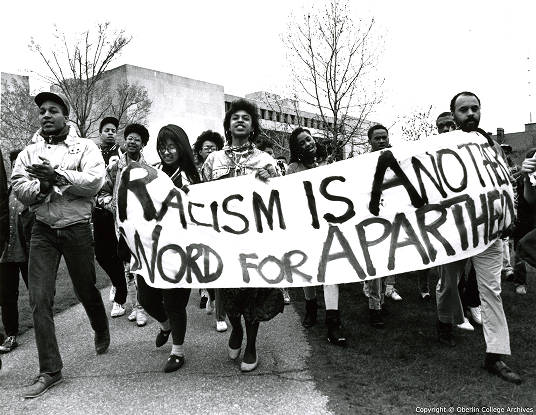The effect of apartheid on human rights
Jun 09, 2023
This essay describes the effect that apartheid had on human rights in South Africa. During the decades of its existence, apartheid policies and laws systematically denied millions of black South Africans their basic human rights. This included the right to vote, freedom of movement, access to education and healthcare, as well as protection from discrimination and racial violence.
The implementation of these policies caused extreme hardship for many people living under apartheid. Systemic racial segregation led to decreased economic opportunity for non-whites, forcing them into poverty while allowing whites to maintain a higher level of wealth and privilege. This inequality was further exacerbated by discriminatory labor laws which made it illegal for non-whites to work in certain industries or receive higher wages than those available to white workers with comparable skills or experience.

The discrimination and injustice of apartheid also had a profound impact on those who opposed it. People who spoke out against the regime were often arrested, tortured, or even killed by security forces without due process. This stark violation of human rights extended to activists and protestors being denied access to public spaces, censored by the government and prevented from participating in political activities.
Additionally, women suffered disproportionately under apartheid laws which limited their economic opportunities as well as their right to make decisions about their own bodies. The country’s patriarchal culture further reinforced these restrictions, leading to domestic violence, unequal pay and limited control over family planning resources.
Apartheid’s legacy continues to influence South African society today. Despite the end of official apartheid laws in 1994, many South Africans still experience economic and social inequality due to the lasting effects of the system. In order to ensure that all citizens enjoy equal rights and opportunities, it is essential for the country to continue working towards reconciliation and a more equitable society. It is only through such efforts that the human rights violations of apartheid can be addressed and corrected. Through continued advocacy and education, future generations will have a chance to live in an inclusive society free from discrimination.
